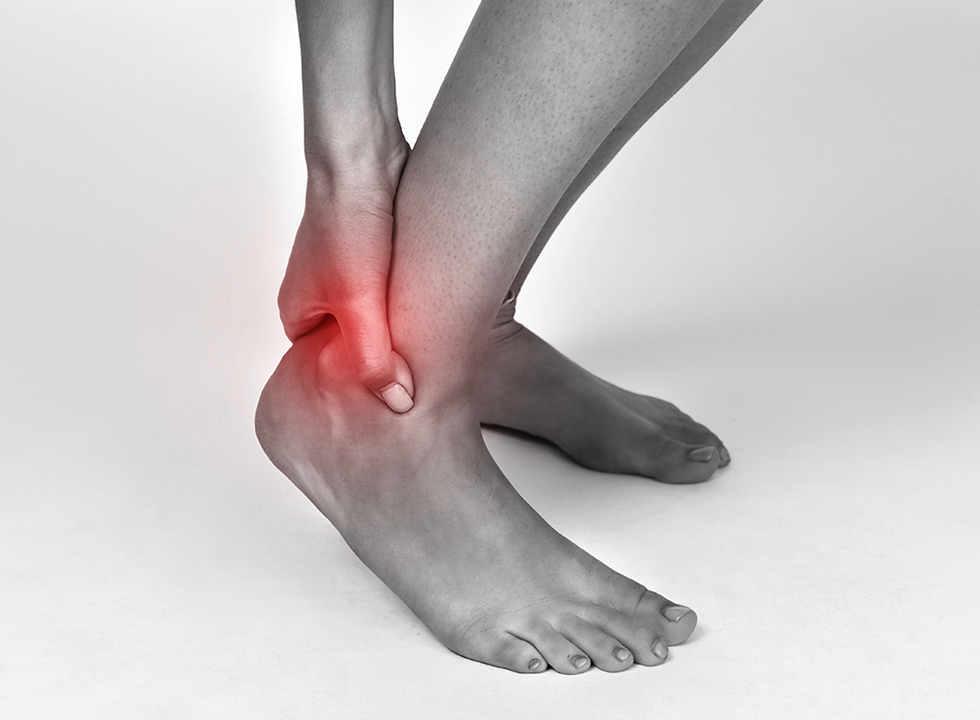Preventing Neck and Shoulder Pain from Shoulder Bags
- E-Young Khoo
- Aug 19, 2025
- 2 min read
Whether it’s a handbag, tote, briefcase, or laptop bag, carrying a bag on one shoulder is a daily habit for many people. But while convenient, this routine can come with unexpected consequences for your shoulders, neck, spine, and posture.
Why Shoulder Bags Cause Strain
The human body is built for symmetrical load-bearing. When you carry a heavy bag on one side, your body naturally compensates to keep you balanced — but this often leads to subtle misalignments and muscular imbalances over time.
Here’s how a shoulder bag can affect your body:
Shoulder Elevation: You may unconsciously hike your shoulder to stop the strap from sliding off, creating tension in the upper trapezius and neck muscles.
Spinal Compensation: To maintain balance, your spine and pelvis may shift in the opposite direction, contributing to uneven loading through the back and hips.
Muscle Imbalance: One side of your core and upper body may overwork, while the other under-engages — setting the stage for long-term dysfunction or pain.
Neck Tension and Headaches: The uneven pressure and neck rotation can lead to tightness, nerve irritation, or tension headaches.
Physiotherapist Tips for Carrying Bags Safely
Alternate Sides Regularly: Change shoulders throughout the day to avoid overloading one side. Set a reminder if needed.
Use a Crossbody Strap or Backpack: Crossbody styles distribute weight more evenly. Even better: switch to a two-strap backpack for true balance.
Lighten Your Load: Do a quick bag audit. Remove unnecessary items and aim to keep your bag under 10% of your body weight.
Choose Wider, Padded Straps: Thin straps can dig in and compress nerves or soft tissue. A wider strap offers better support.
Engage Your Core While Walking: Activate your core and keep shoulders relaxed and square as you walk with a bag. Avoid leaning or hiking.
Strengthen Postural Muscles: Regular physio-guided strength work for your scapular stabilisers, core, and posterior chain can help your body better handle everyday loads.
Protect Your Posture
While shoulder bags are stylish and practical, they may be doing more harm than good — especially when used habitually without consideration for balance and posture. Making small changes in how you carry, what you carry, and how your body is conditioned can make a big difference in preventing discomfort and long-term musculoskeletal issues.



Comments